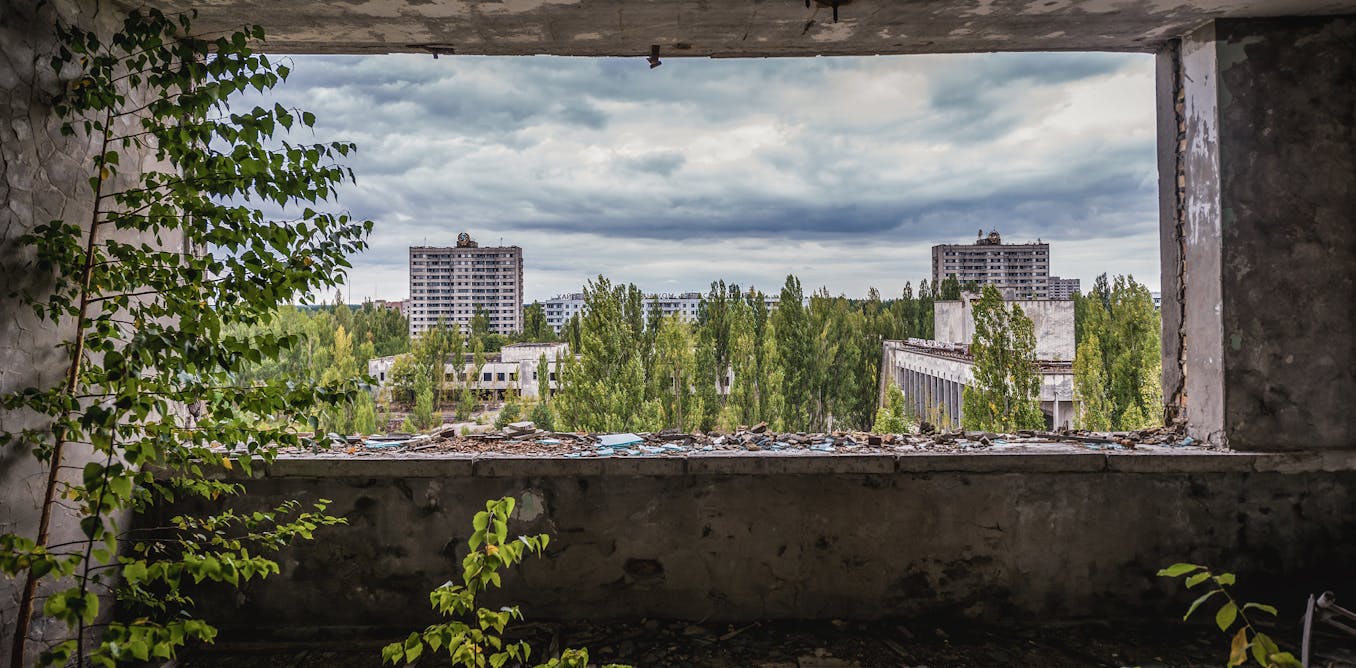Offline
The Russian denial and cover-up was also eye opening. One of the closing quotes of the series was (paraphrase), "Chernobyl had as much to do with the fall of the USSR as anything else."
Follow along with the video below to see how to install our site as a web app on your home screen.

Note: this_feature_currently_requires_accessing_site_using_safari
Its almost as if they were walking dead and didn't know it. ; )"Chernobyl had as much to do with the fall of the USSR as anything else."
Chernobyl’s exclusion zone isn’t devoid of life. Wolves, boars and bears have returned to the lush forests surrounding the old nuclear plant. And when it comes to vegetation, all but the most vulnerable and exposed plant life never died in the first place, and even in the most radioactive areas of the zone, vegetation was recovering within three years. Humans and other mammals and birds would have been killed many times over by the radiation that plants in the most contaminated areas received. So why is plant life so resilient to radiation and nuclear disaster?
. . . some plants in the Chernobyl exclusion zone seem to be using extra mechanisms to protect their DNA, changing its chemistry to make it more resistant to damage, and turning on systems to repair it if this doesn’t work. Levels of natural radiation on the Earth’s surface were much higher in the distant past when early plants were evolving, so plants in the exclusion zone may be drawing upon adaptations dating back to this time in order to survive. . . .
Given the tragic loss and shortening of human lives associated with Chernobyl, this resurgence of nature may surprise you. Radiation does have demonstrably harmful effects on plant life, and may shorten the lives of individual plants and animals. But if life-sustaining resources are in abundant enough supply and burdens are not fatal, then life will flourish. Crucially, the burden brought by radiation at Chernobyl is less severe than the benefits reaped from humans leaving the area. Now essentially one of Europe’s largest nature preserves, the ecosystem supports more life than before, even if each individual cycle of that life lasts a little less.
In a way, the Chernobyl disaster reveals the true extent of our environmental impact on the planet. Harmful as it was, the nuclear accident was far less destructive to the local ecosystem than we were. In driving ourselves away from the area, we have created space for nature to return.

 theconversation.com
theconversation.comThe Russian denial and cover-up was also eye opening. One of the closing quotes of the series was (paraphrase), "Chernobyl had as much to do with the fall of the USSR as anything else."